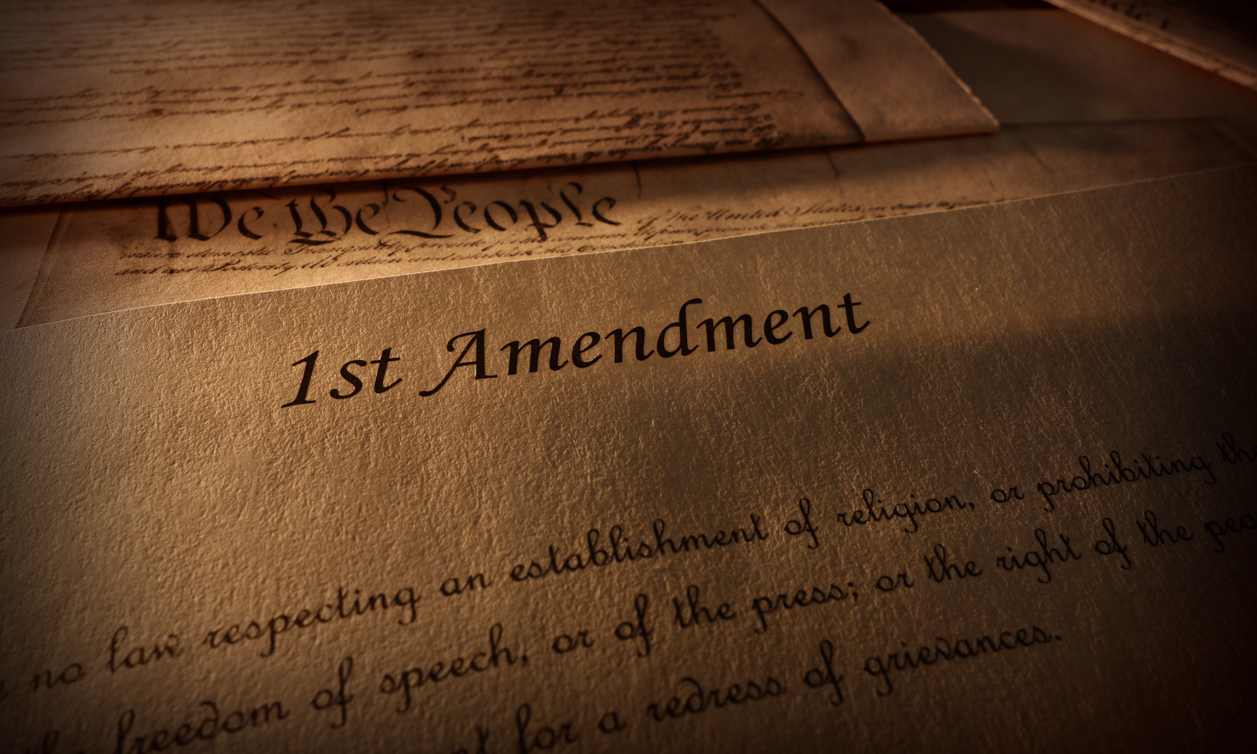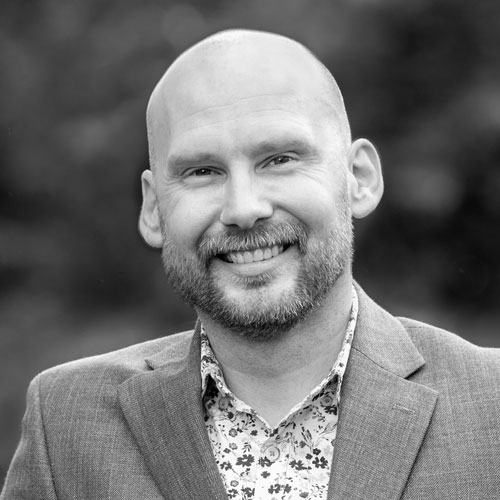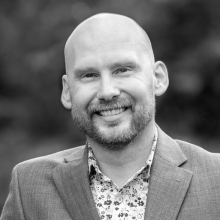The North Carolina Justice for All Project: From Foundation to First Amendment Lawsuit
 On January 4, 2024, the North Carolina Justice for All Project (JFAP) filed a First Amendment lawsuit against the state of North Carolina claiming unlawful infringement upon their fundamental right of free speech to provide simple legal advice to North Carolinians. While this lawsuit isn’t the first or even second step by JFAP to improve access to justice in North Carolina through regulated legal professionals without a Juris Doctor, it is their most significant effort yet.
On January 4, 2024, the North Carolina Justice for All Project (JFAP) filed a First Amendment lawsuit against the state of North Carolina claiming unlawful infringement upon their fundamental right of free speech to provide simple legal advice to North Carolinians. While this lawsuit isn’t the first or even second step by JFAP to improve access to justice in North Carolina through regulated legal professionals without a Juris Doctor, it is their most significant effort yet.
Three years ago, in January 2021, JFAP sent the North Carolina Supreme Court and North Carolina State Bar a proposal to authorize certain certified paralegals and unlicensed law school graduates, once they have completed specific requirements, to provide limited legal services to the public. These allied legal professionals were based on programs implemented in Washington and a few other states with the specific goal of shrinking the access to justice gap. After two years of the state bar kicking the issue through different committees and not making any progress toward the creation of a program, JFAP took their next determined step by focusing on the state legislature.
In North Carolina, the creation of a limited licensed professional program would require amendments to the unauthorized practice of law (UPL) statute, which is under the exclusive authority of the North Carolina General Assembly. For this reason, and because efforts had stalled at the state bar level, in February 2023, JFAP submitted a policy analysis and legislative proposal to the general assembly that included four policy alternatives to the current UPL policy. The four alternatives include:
- Liberalizing the UPL statute to increase legal aid and pro bono services;
- Licensing legal practitioners (limited licensed professionals) based on JFAP’s proposal back in 2021;
- Creating a regulatory sandbox that allows for the provision of novel models or services to test their marketability and impact; and
- Implementing court navigators who aid and guide self-represented litigants through their case, potentially providing legal advice based on the structure of the program.
The Justice for All Project notes in their legislative proposal that the current UPL statute creates a monopoly for attorneys with “no meaningful incentive to provide affordable services because they control the market in which they operate.” They go on to state that none of their four policy alternatives will solve the access to justice crisis on their own, so they recommended exploring two of the policy alternatives together: liberalizing the UPL statute to increase legal aid and pro bono services, and licensing legal practitioners. Unfortunately, their legislative proposal has met the same fate as their proposal to the state supreme court and state bar back in 2021. But this, of course, is not the end to JFAP’s story.
The January 4, 2024, lawsuit is not the only First Amendment lawsuit currently challenging who can provide legal advice. But while Upsolve in New York and the NAACP in South Carolina are challenging the constitutionality of not being allowed to provide free legal advice, JFAP and two of its members, Morag Black Polaski and Shawana Almendarez, are arguing that they have a right to provide legal advice whether it is paid or unpaid.
The motivations behind the North Carolina Justice for All Project’s (JFAP) First Amendment lawsuit are part of advocacy efforts to democratize access to legal advice and services for all North Carolinians, particularly those who fall into the “missing middle”—those whose income is too high to qualify for free legal services but not high enough to afford a lawyer.
The ultimate goal of this legal challenge is to establish a precedent that recognizes nonlawyer provision of basic legal advice as First Amendment–protected speech. This lawsuit is a step in challenging the existing laws that unjustly limit the ability of non-attorney professionals to provide desperately needed legal advice, particularly on matters involving court-created forms that do not require a law degree to understand or explain.
Furthermore, the lawsuit is an important advocacy tool for raising public awareness about the access to justice crisis many Americans face and sparking a larger conversation about the need for legal system reform that prioritizes public service over professional gatekeeping. By challenging the status quo, JFAP hopes to inspire legislative and regulatory changes that will eventually result in a more equitable and accessible legal system for all North Carolinians.
Consider a couple going through an amicable divorce who desire to settle custody arrangements for their children and divide their assets. Unfortunately, in this case, hiring attorneys for both parties is prohibitively expensive, exacerbating an already difficult situation. If JFAP’s initiative is successful, this couple could receive affordable legal advice from an advocate who is not an attorney but is qualified to guide them through the process. This professional could help them understand their rights, fill out and file the necessary court-created forms for divorce and custody agreements, and make informed decisions without incurring high attorney fees. JFAP’s efforts could make a significant difference for families navigating the complexities of family law matters and assist them in achieving fair outcomes.
The lawsuit and the push for limited licensing directly address the difficulties, like the one above, that families and others face when navigating the legal system. These initiatives reduce the emotional and financial burden on families, including children, and ensure a fair and equitable legal system for everyone. As Benjamin Franklin said, “Justice will not be served until those who are unaffected are as outraged as those who are.”





